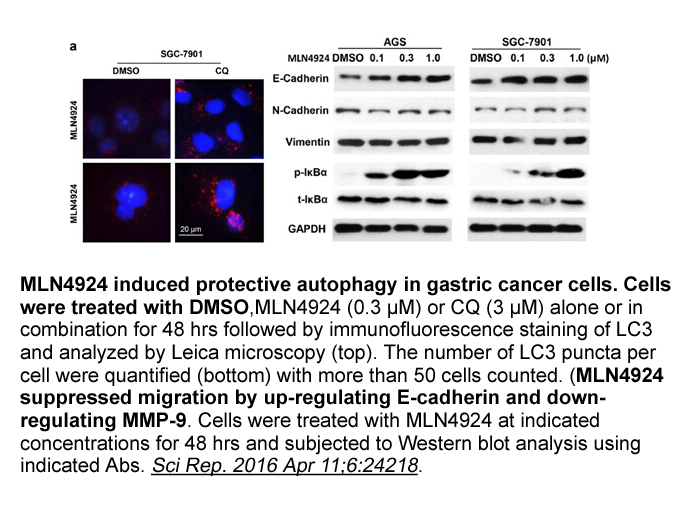Archives
An imperative need now exists for new
An imperative need now exists for new thinking, increased resources, and better training of health-care staff working with these new populations. At a time when there is a danger of religiopolitical extremism in the wake of perceived (and sometimes real) antipathy to newcomers, the health sector has a unique role to play in enhancing social ras pathway by demonstrating a proactive willingness and capacity to help, and a resolve to challenge restrictive policies. The health sector is a gateway to other social services, and health-care staff are the people that migrants and refugees look to most for help and advice. Therefore, health-care professionals have a unique role in taking up this challenge. More forward-looking health policies, which involve robust research on how best to deliver health services and screening, and training of health-care professionals in cultural competency, are all essential steps. Without these steps, opportunities to accelerate the social integration of migrants and refugees and avoid health and social problems in the future will be lost.
SH is a freelance Senior Editor for and . All other authors declare no competing interests.
In 1950, Merrill Flood and Melvin Dresher of the RAND Corporation developed a theoretical model of cooperation and conflict, which was later formalised by Albert W Tucker as the prisoner\'s dilemma. This model represents a situation in which two prisoners each have the option to confess or not, but their sentencing outcomes depend crucially on the simultaneous choice of the other (). Fittingly, it has become the paradigmatic example of individual versus group rationality and is an often used heuristic when conveying introductory social theory to students.
Although not a homologous predicament, the Ebola virus disease suspect also faces a consequential dilemma (). The ‘rational’—that is, not informed by superstition or baseless rumour—aversion to West Africa\'s ill-equipped and poorly sanitised hospitals was described even before the 2014–16 Ebola outbreak. This characterisation could a fortiori be extended to those Ebola virus dise ase suspects who eschewed presentation to an Ebola treatment unit, especially those units that offered little in the way of aggressive intravenous resuscitation or management of electrolyte disturbances. Consider the situation in which you are an Ebola virus disease suspect (you have fever, vomiting, muscle pain, and headache), but don\'t know whether you have Ebola virus disease: (1) if you have undiagnosed malaria and stay at home, your chance of dying is 0·2%; (2) if you have undiagnosed malaria and go to an Ebola treatment unit, your chance of dying from Ebola virus disease is 16·1% (around 25% chance of nosocomial Ebola virus transmission with 64·3% mortality); or (3) if you have Ebola virus disease, stay at home, and self-isolate, your chance of dying is 70·8%. Given equal chances of having malaria (West Africa is the region with the world\'s highest incidence of malaria) or Ebola virus disease, your overall mortality risk for staying at home is 35·5% versus 40·2% for going to a Ebola treatment unit.
Thus, you would be acting in your rational self-interest by staying at home, since the suspect who is uninfected might become so nosocomially through ambulance transport with actual cases or unsafe triage at an Ebola treatment unit—not factoring in (1) rational desires to die at home rather than in (or in the queue in front of) a far off tent; (2) rational fears that you might never see your family again; (3) rational responses to the pervasive messaging that Ebola has no cure; or (4) the irony that, once admitted to an Ebola treatment unit that does not offer intravenous volume replacement, a rational decision might be to deliberately infect yourself with malaria: emerging evidence suggests that parasitemia offers a greater survival benefit than the oral rehydration approach used at many Ebola treatment units in 2014. And therein lies the Ebola suspect\'s dilemma—at least according to the rational choice lens that refracts the world around us into binary options for our moral retinas.
ase suspects who eschewed presentation to an Ebola treatment unit, especially those units that offered little in the way of aggressive intravenous resuscitation or management of electrolyte disturbances. Consider the situation in which you are an Ebola virus disease suspect (you have fever, vomiting, muscle pain, and headache), but don\'t know whether you have Ebola virus disease: (1) if you have undiagnosed malaria and stay at home, your chance of dying is 0·2%; (2) if you have undiagnosed malaria and go to an Ebola treatment unit, your chance of dying from Ebola virus disease is 16·1% (around 25% chance of nosocomial Ebola virus transmission with 64·3% mortality); or (3) if you have Ebola virus disease, stay at home, and self-isolate, your chance of dying is 70·8%. Given equal chances of having malaria (West Africa is the region with the world\'s highest incidence of malaria) or Ebola virus disease, your overall mortality risk for staying at home is 35·5% versus 40·2% for going to a Ebola treatment unit.
Thus, you would be acting in your rational self-interest by staying at home, since the suspect who is uninfected might become so nosocomially through ambulance transport with actual cases or unsafe triage at an Ebola treatment unit—not factoring in (1) rational desires to die at home rather than in (or in the queue in front of) a far off tent; (2) rational fears that you might never see your family again; (3) rational responses to the pervasive messaging that Ebola has no cure; or (4) the irony that, once admitted to an Ebola treatment unit that does not offer intravenous volume replacement, a rational decision might be to deliberately infect yourself with malaria: emerging evidence suggests that parasitemia offers a greater survival benefit than the oral rehydration approach used at many Ebola treatment units in 2014. And therein lies the Ebola suspect\'s dilemma—at least according to the rational choice lens that refracts the world around us into binary options for our moral retinas.